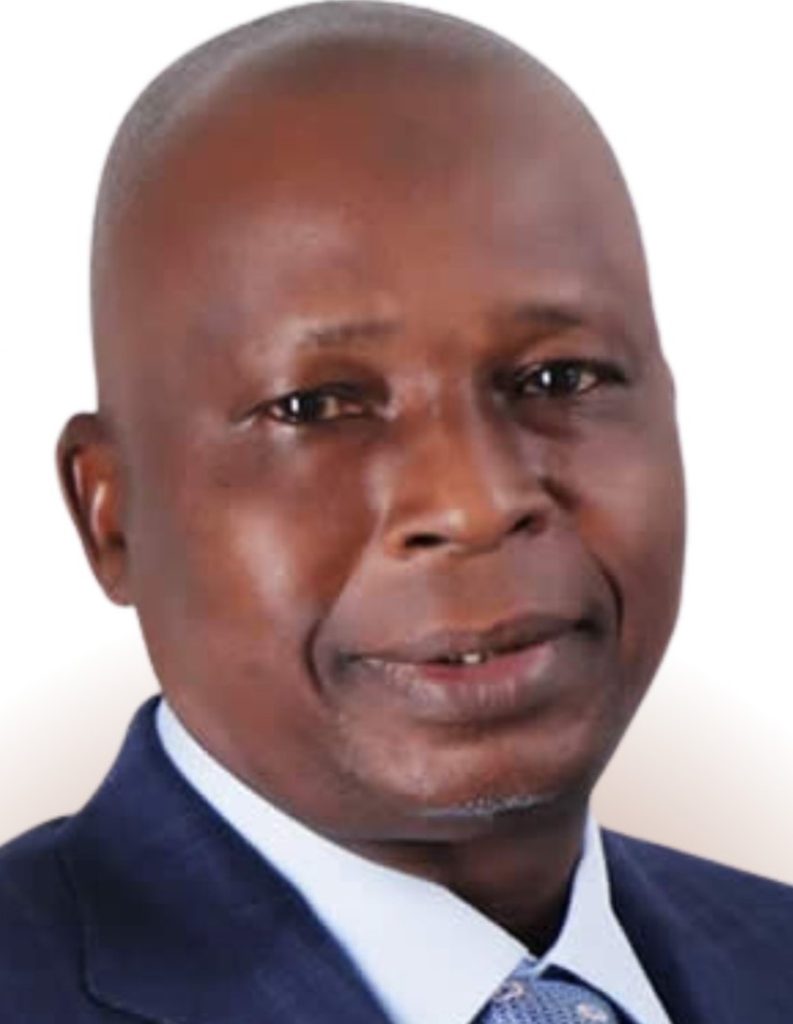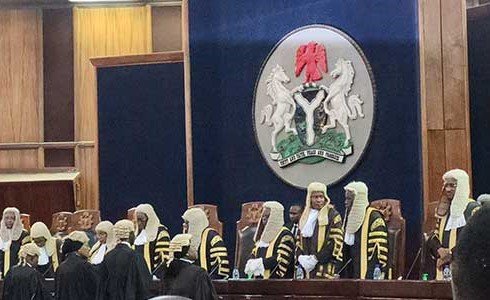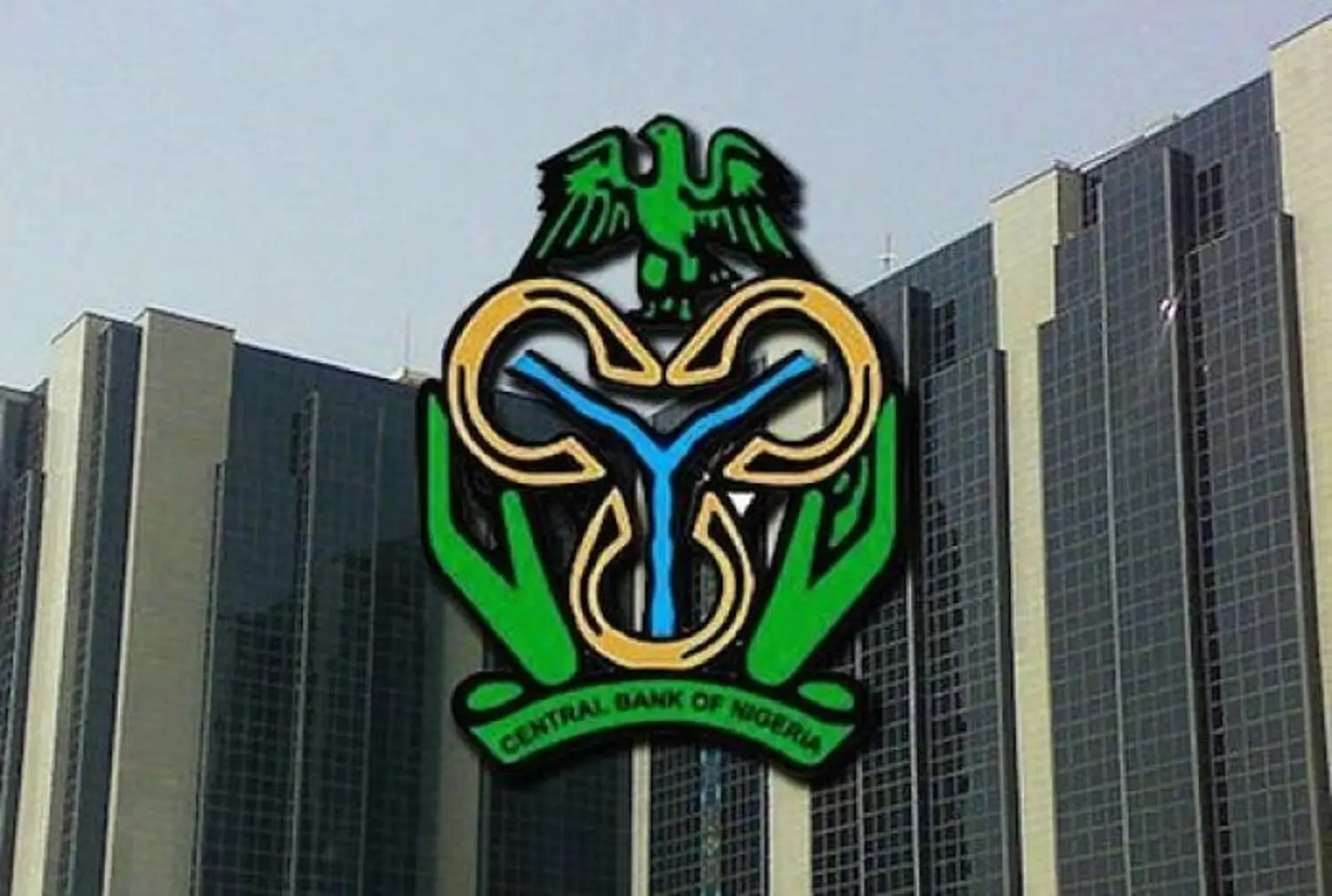The Supreme Court of Nigeria has reserved judgment in a landmark case filed by 19 states challenging the constitutionality of the Economic and Financial Crimes Commission (EFCC). The plaintiffs argue that the EFCC’s establishment act was not properly adopted in Nigeria, violating Section 12 of the 1999 Constitution.
Mohammed Abdulwahab, SAN, counsel for Kogi State, argued that the EFCC’s creation was based on a United Nations Convention against corruption, which the majority of state Houses of Assembly did not approve.
He asked the court to grant the plaintiffs’ requests, saying, “The core of our case is the decision of this court… We are also challenging the foundation of those laws that created NIFU, EFCC, etc., in order not to create a constitutional crisis.“

Abdulwahab reminded the Supreme Court that it had previously ruled in Dr. Joseph Nwobike Vs. The Federal Republic of Nigeria that the EFCC Act was derived from an international convention. He argued that Section 12 of the Constitution mandates that such conventions be approved by a majority of state Houses of Assembly.
However, Attorney-General of the Federation, Lateef Fagbemi, SAN, countered that the case was an attempt to undermine the fight against corruption. Fagbemi maintained that the EFCC was validly established in line with Section 15(5) of the 1999 Constitution, as amended. He urged the court to dismiss the case, warning that a ruling in favor of the plaintiffs would have severe implications for the anti-corruption campaign.
Three states—Anambra, Adamawa, and Ebonyi—withdrew from the case, while Imo and Bauchi joined as co-plaintiffs. Osun State sought to combine its case with Kogi’s.
The Supreme Court’s decision is expected to clarify the commission’s powers and the constitutional framework governing its activities.
The Court said it would communicate the judgment date to all parties.
Comment, Like 👍, share this article, and Follow us on our social media handles.







